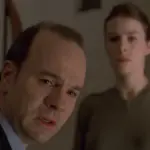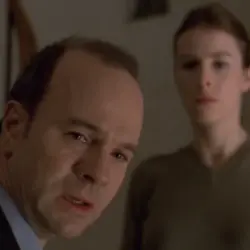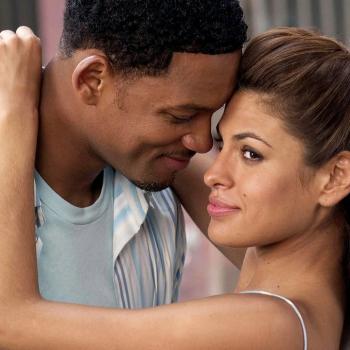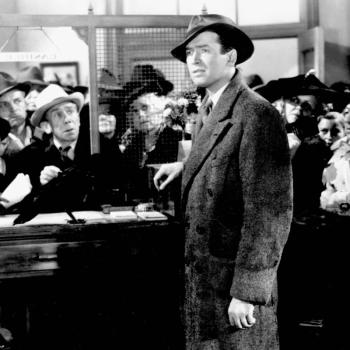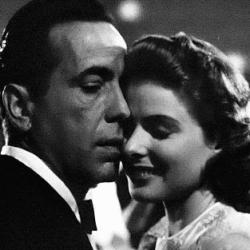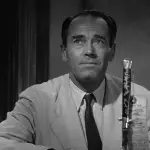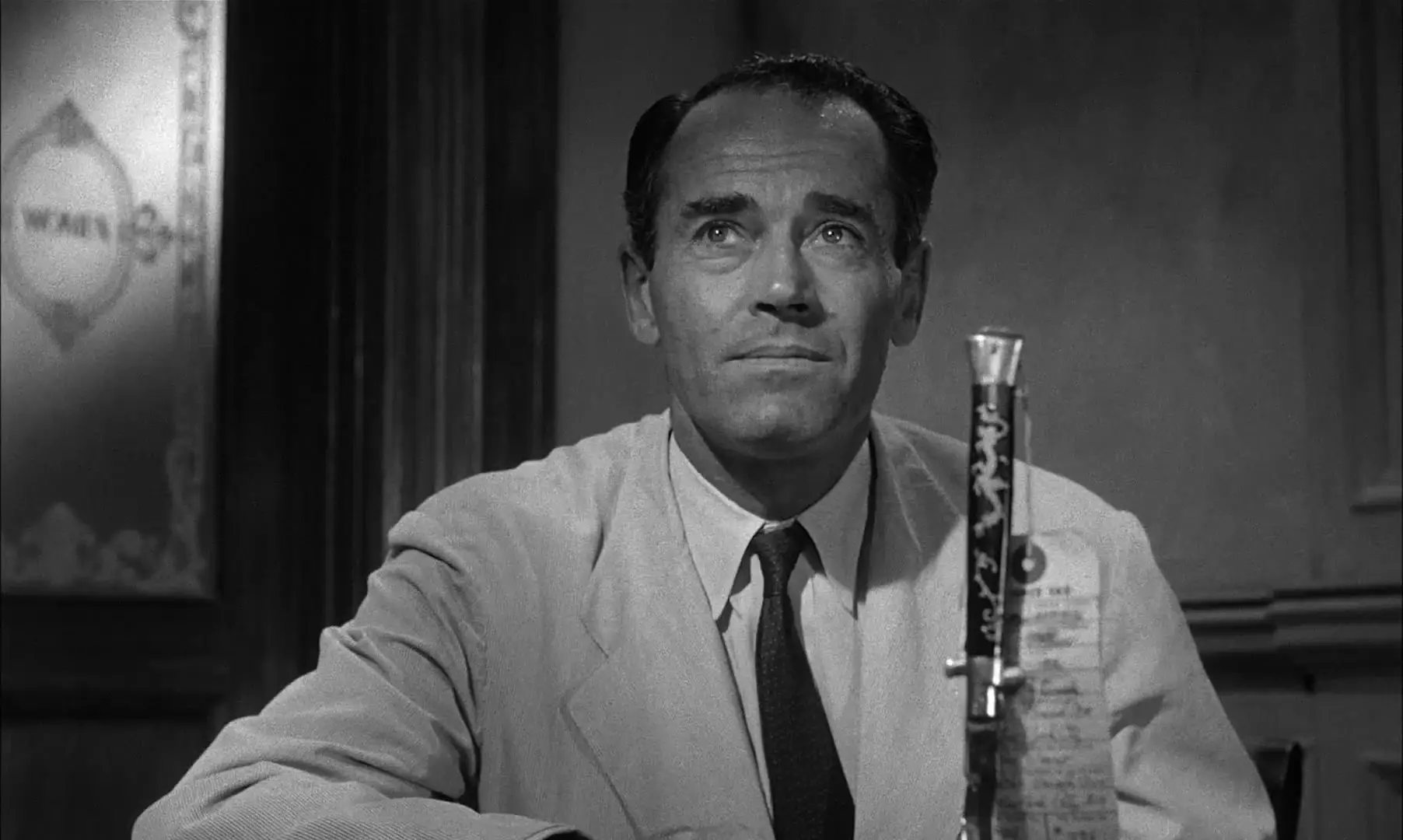
I’ll confess I haven’t yet been assigned jury duty, but there is one movie that actually kind of has me hoping I’ll get the chance.
Based on the 1954 teleplay by Reginald Rose, 12 Angry Men is a 1957 drama directed by Sidney Lumet following a jury charged with delivering a verdict on whether an impoverished young boy killed his father. A boy’s life is at stake, yet at the start, a lot of these jurors only view this whole affair with an eye of mild interest. One of these guys can only think about the ball game he doesn’t want to be late for. By the time they file into the overheated closet at the back of the courthouse, all are agreed that the evidence tells a clear story.
Except one.
No matter, it’s just one guy. A single dissenting vote. It shouldn’t take long to help him get with the program, and then they can all go home. Indeed, the remaining jurors all see it as their obligation to prove that this guy is wrong. Even for those that aren’t totally antagonistic toward him, it is Juror 8 versus everyone else. Yet slowly but steadily, he starts to sway more of the jury to his side as he goes over holes in the prosecution’s case–contradictions in the witnesses’ testimonies, circumstantial evidence, etc. Juror 8 goes from a one-man army into the voice of reason, and the last line of defense for this kid who might be sent off to the electric chair.
The facts of the case don’t necessarily change upon further reflection, but some glaring gaps start to grow more apparent, gaps that might not have been so obvious without that second consideration. It is from this that the holes in the narrative begin to be poked through, like the notion that this kid must be guilty because “some of them are just born that way!”
What also becomes apparent is that though many of these men claimed to have been starting from cold, hard, objective truth, many of them are in fact drawing upon personal biases–such as a malice for the rising generation or distrust of cultural differences–for their conviction. They only see their own preconceptions reflected back at them, and it becomes clear that they resent Juror 8 for tearing down the curtains and robbing them of that sense of equilibrium. Juror 8 ends up rocking some boats, but is that such a price to pay for the truth?
This is a situation that believers may find themselves in, probably more than once or twice. As believers in a non-believing world, we are tasked with changing the hearts and minds of a great many juries, and so there’s a lot of lessons to be learned here from Juror 8.
Chief among them is to not be deterred even when it seems you are the only one arguing for the right. Again, Juror 8 starts the story as the sole dissenting vote on a board of 11 other voters. The math is not on his side, yet he manages to turn the tide of everyone else in the room through sheer diligence.
A second bit of wisdom is to have some faith in the goodness of your fellowman. Juror 8 doesn’t begin thread from any binding counter-evidence suggesting the defendant’s innocence. Nor is he just being defiant or contrarian. The basis for his divergence is general human dignity. He just thinks “we owe him a few words, that’s all.” He doesn’t think anyone should be sent off to die without consideration, and he is quick to recognize that the deck has been stacked against this kid, tallying all the disadvantages he’s faced. That bead of faith ends up yielding greater revelations about this kid who was so quickly labeled a lost cause or a dead end.
And this leads us into the third lesson, a natural progression of the second. An aspect of this story that is often overlooked is the spirit in which 8 fights this fight. He is resolved, absolutely, but he is not smug. He does not gloat. He does not antagonize the other jurors for their dogma or obstinance. There is a brief moment where things become heated between him and Juror 3, the kid’s biggest opponent, but even here 8’s ire is rooted less in punishing his adversary and more in defending the innocent–he remembers what he is fighting for.
Discerning truth from a world so clouded can be a trial in and of itself, but there is a way forward for those who wish to walk that path with some dignity. As this film proves, it is possible to be open-minded while also standing your ground.




